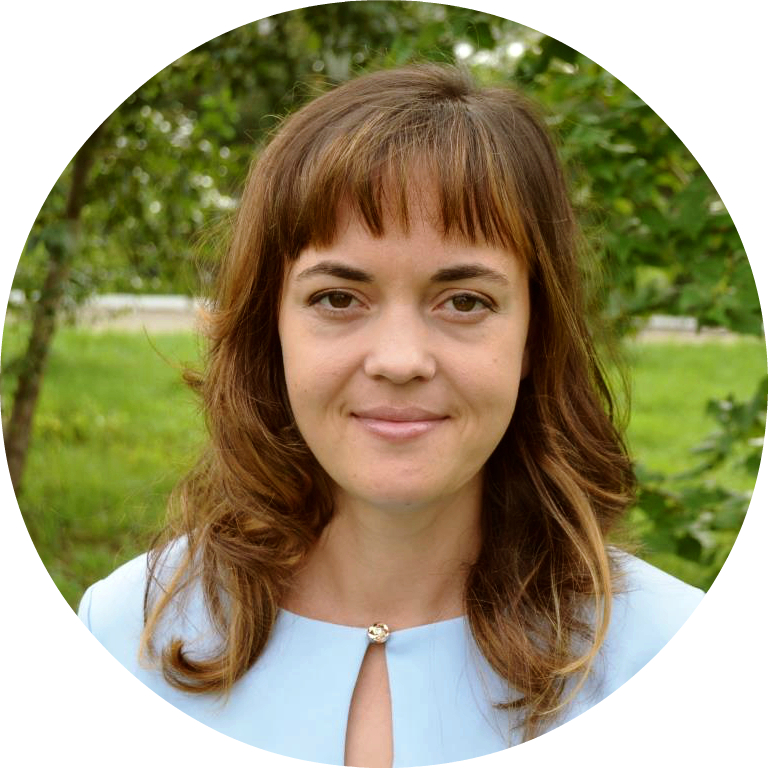The article is devoted to the history of the formation and development of the sociology of religion in China from the late 1970s to the present. Using the periodization of Chinese specialists, the authors distinguish several stages in the history of Chinese sociology of religion: the early period (from 1978 to the mid-1980s) associated with a revision of the Marxist expression “religion is the opium of the people” and disputes about the place of sociology in the system of sciences; the period of borrowing (from the mid-1980s to 1992) – the time of active translating the works of foreign colleagues into Chinese; the period of the consolidation of the sociology of religion in the system of Chinese social sciences (from 1992 to the present) marked by the formation of its own theoretical and methodological foundations of the Chinese sociology of religion, the formation of research subjects conditioned by national and political interests. In addition, the authors of the article singled out another period: the protosociology of religion in China (until 1978) – the time of appearance of the first translations of discipline, theoretical ideas about the relationship of society and religion, and social functions of religion. The article presents information on leading contemporary Chinese specialists in the field of sociology of religion, identifies the main research centers on the sociology of religion in the territory of mainland China, publications, and scientific events.
Key words: sociology of religion, China, history of foreign religious studies, Marxism, “opium disputes”, sinification of theoretical and methodological approaches.
DOI: 10.22250/2072-8662.2017.3.115-123
About the author
 |
Olga V. Pelevina – PhD (Philosophy), Assistant Professor at Department of Religious Studies and History, Amur State University; 21 Ignatievskoe shosse, Blagoveshchensk, Russia, 675027; This email address is being protected from spambots. You need JavaScript enabled to view it. |
 |
Maria M. Kotlyarova – Master of Religious Studies, Engineer at the Department of History and Religious Studies,
|






